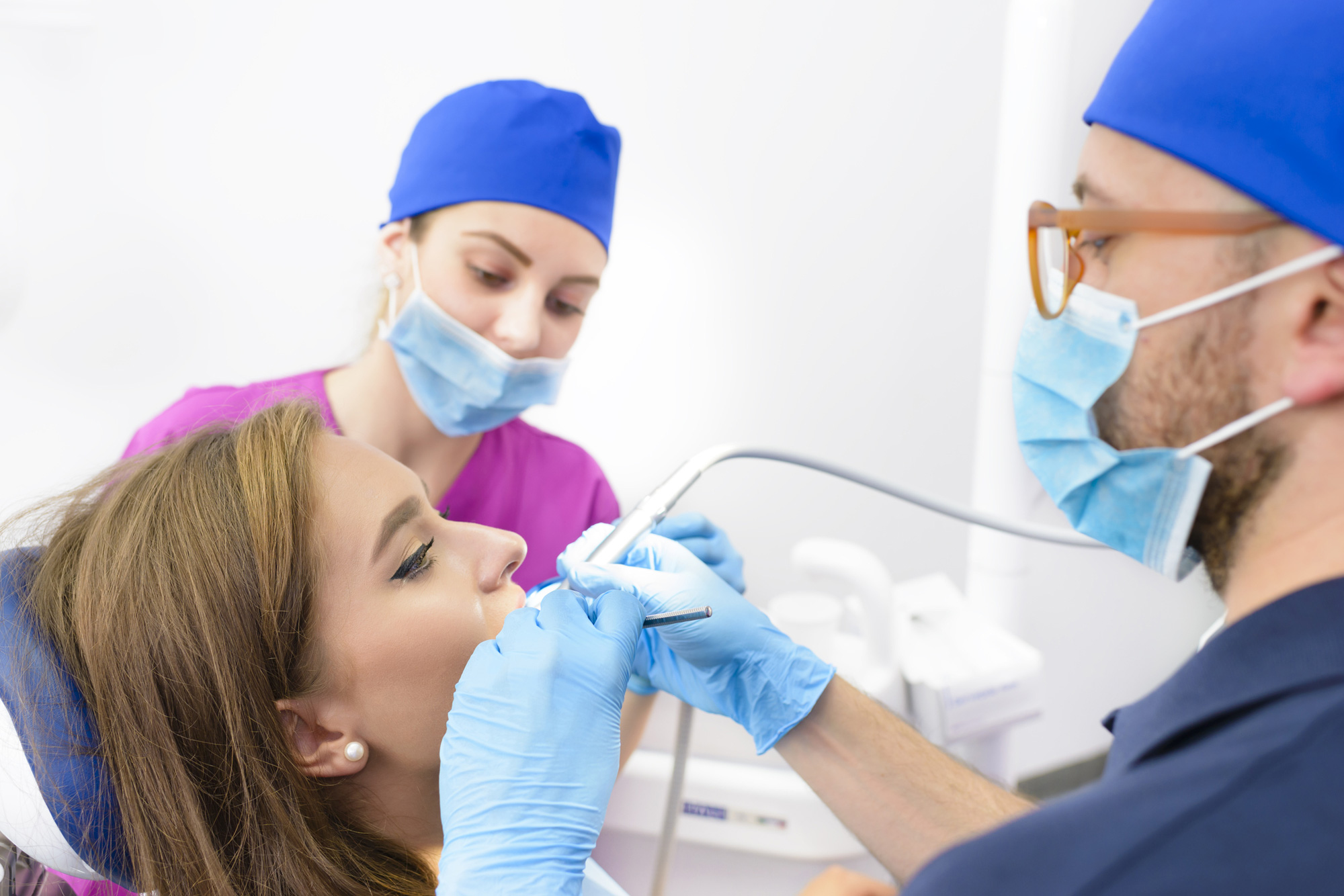Dental Resorption – Symptoms, Causes and Treatments

Dental resorption is a type of dental problem that causes the progressive loss of parts of your teeth. In a nutshell, tooth resorption happens when your body cells begin to erode parts of your tooth structure. Resorption can occur on different parts of your teeth such as the root, cementum, interior pulp or the dentin. In most cases, this dental issue begins on the outside and progresses to the inside. Dental resorption is quite common. However, a majority of people don’t realize that they are suffering from the condition until they are diagnosed by their dentist.
Dental resorption is a serious dental problem as it can lead to tooth loss, infection, crooked teeth or other severe damages to your jaws and teeth.
Types of dental resorption
Resorption is classified depending on the location of the tooth loss. It can either be external or internal. Internal dental resorption occurs inside the teeth. It is rare compared to external resorption. Individuals who have had oral surgery procedures such as tooth transplantation are more likely to suffer from internal resorption. Internal resorption is only visible through x-rays done during routine dental check-ups. External resorption affects the outer teeth surfaces, and it can be seen more easily. It is much more common and can occur on any external part of your tooth.
Causes of tooth resorption
Dental resorption is caused by several factors. External resorption is mainly caused by injuries in the teeth and mouth. Injuries that lead to tissue loss and swelling can happen due to tooth grinding, trauma, tooth bleaching or the prolonged use of orthodontic appliances such as braces.
If left untreated, resorption can lead to complications such as cavities, pain, crooked teeth, infection, chipped teeth, root recession, tooth loss and teeth weakness.
Symptoms of dental resorption
Dental resorption does not exhibit an exact set of symptoms. In most cases, you may not realize you have the condition for years. However, symptoms develop as the condition worsens. The most common ones include;
- Brittle teeth
- Swelling and gum redness
- Pinkish discolouration on the enamel
- Spaces that are uneven between the teeth
- Pain that originates from the tooth or crown
- Cavities or teeth developing holes
Treatment for dental resorption
Dental resorption usually varies depending on the type and the particulars of each situation. The treatment option recommended by your dentist will be based on the extent of damage and part of the tooth affected. Prevention is the best treatment option since there is no exact cause for the condition.
Dental resorption treatments are mainly focused on preventing further damage and preserving the parts of the teeth that are remaining. Usually, the dentist can remove the cells causing the damage. This can be done by gum surgery, tooth extraction, root canal or crown. Implants can also be used if dental resorption affects tooth appearance
Springvale dental clinic
Springvale Dental clinic is a facility that has specialized in different dental procedures. Root canal Springvale, tooth extraction Springvale, wisdom teeth Springvale and crown bridge Springvale are all procedures performed in the clinic by a qualified dentist with tones of experience which increases their chances of success. We are well aware of your concerns about the problems that come with the above dental procedures, which is why we take the necessary precautions to ensure that they are done with utmost care using the latest technology. We also educate you on proper hygienic ways to properly take care of your teeth. Springvale dentist is willing to go above and beyond to provide you with the best care and treatment.



